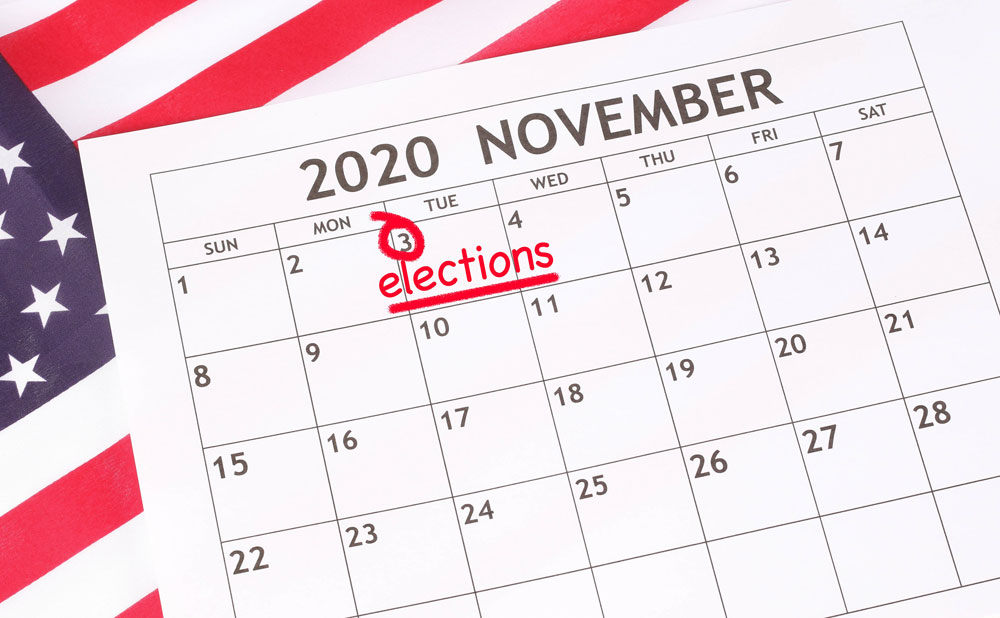
October 10, 2020; WBRZ-TV (Baton Rouge, LA) and New York Times
NPQ believes that private money inserted into public systems is never good news, so this week we end up with bedfellows we would not have freely chosen as arguments begin in earnest over whether or not state and local governments ought to take philanthropic dollars to shore up their election systems.
The $300 million grant pool established by Mark Zuckerberg last month to aid local officials in carrying out the November election in the midst of the pandemic has, unsurprisingly, run into opposition. While the expectation is that the money will be used to protect the safety of poll workers and voters and facilitate voting by mail, a network of conservative groups has filed suit, claiming that the money will be used to create favorable conditions for Democratic voters.
Projections for the increased cost needs are running around $4 billion, an amount that was to have been allocated to the states through the stimulus package that’s now stuck in limbo. A modest $400 million for election administration was freed up in March’s $2 trillion coronavirus stimulus relief package, but another $3.6 million was recommended in the House proposal for a second package. As time passes, whatever money may be approved will almost surely come too late.
Sign up for our free newsletters
Subscribe to NPQ's newsletters to have our top stories delivered directly to your inbox.
By signing up, you agree to our privacy policy and terms of use, and to receive messages from NPQ and our partners.
Zuckerberg has used the nonprofit Center for Tech and Civic Life as a regranting mechanism for $250 million of the grants, and $50 million is being regranted by the Center for Election Innovation and Research. Applications have come in force.
In a statement, the Center for Tech and Civic Life called the suits “baseless” and said the group was nonpartisan. Conservatives have pointed out that the Center’s cofounders have been historically aligned with Democrats, although its board is evenly split between Republicans and Democrats.
In Louisiana, Republican Attorney General Jeff Landry has deemed that local election officials—registrars of voters, clerks of court, and others—should not apply. He’s rushing to back his order up with a court decision and legislation that now awaits debate on the House floor. The Advocate reports that 26 election officials in Louisiana already applied for a total of $7.8 million, but all requests have now been withdrawn
“Whether the defendants here may be well-intentioned, private money in any amount, but particularly the amount of money offered by the defendants to select clerks and/or registrars, has an inherently insidious and corrupting effect,” Landry’s office said in its lawsuit.—Ruth McCambridge













